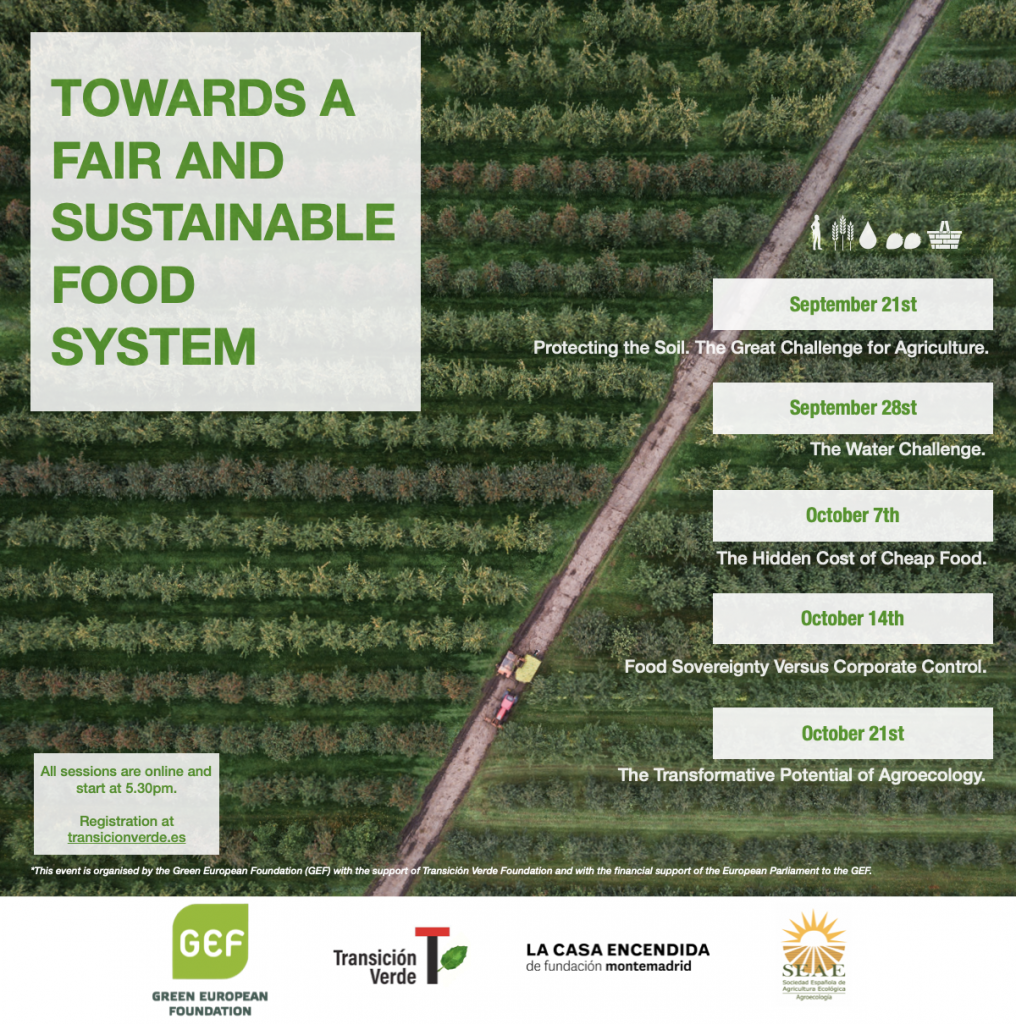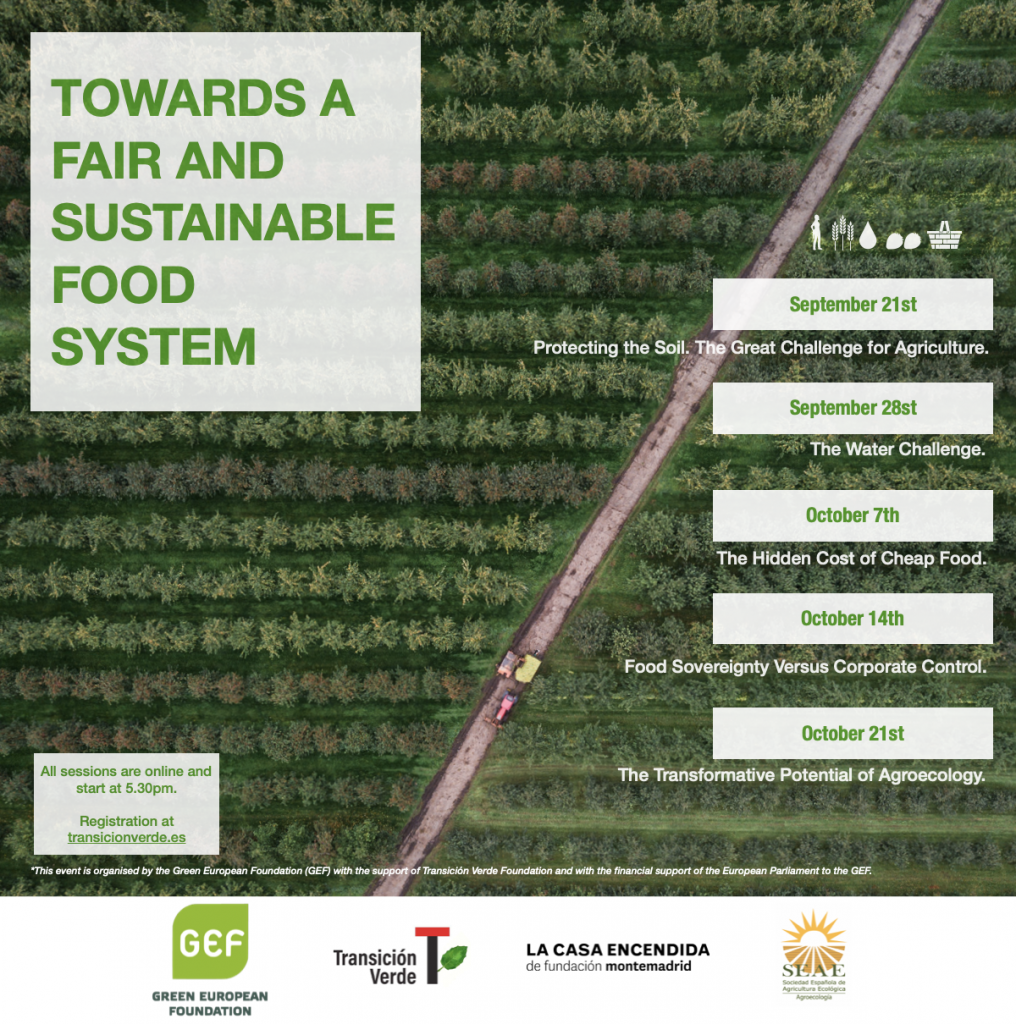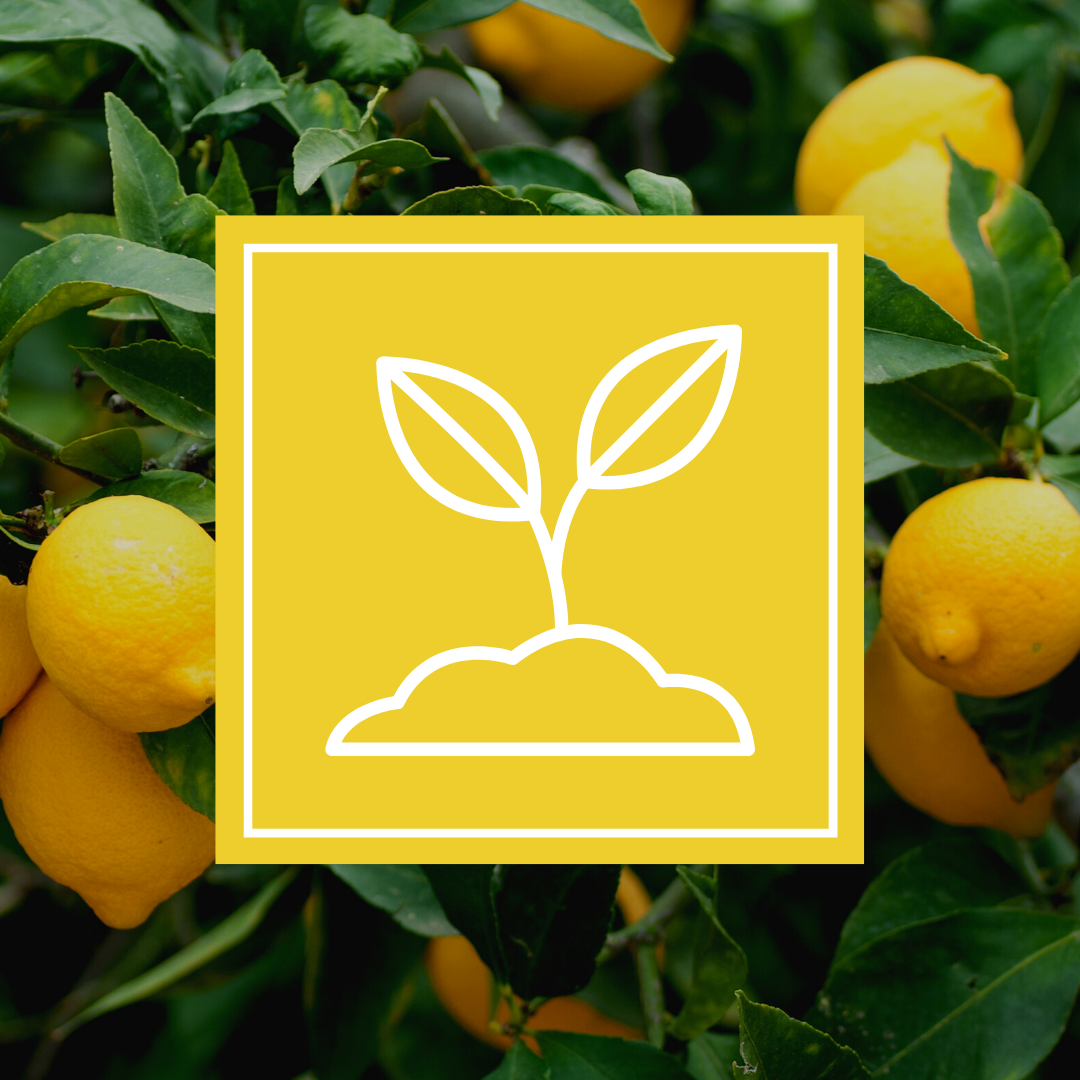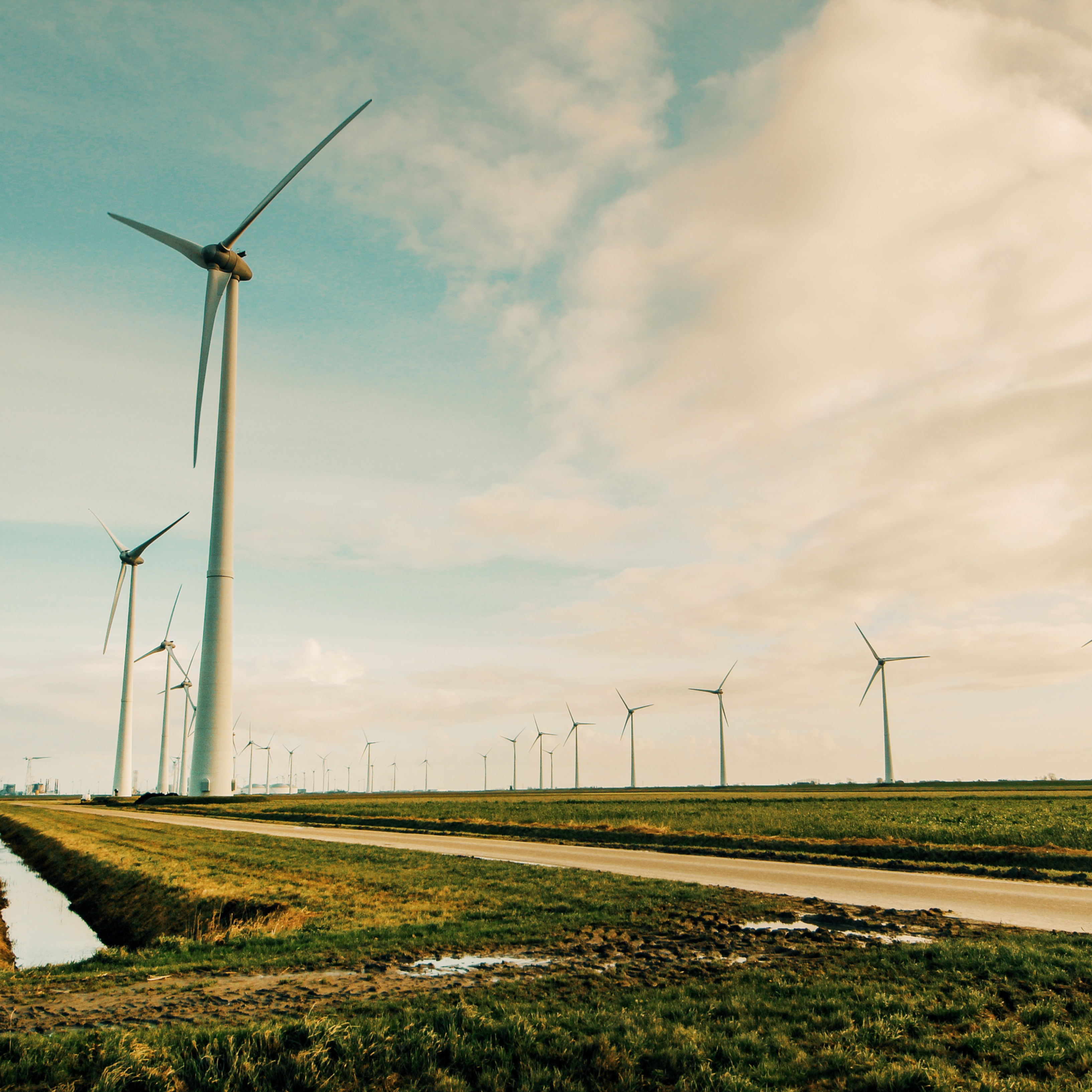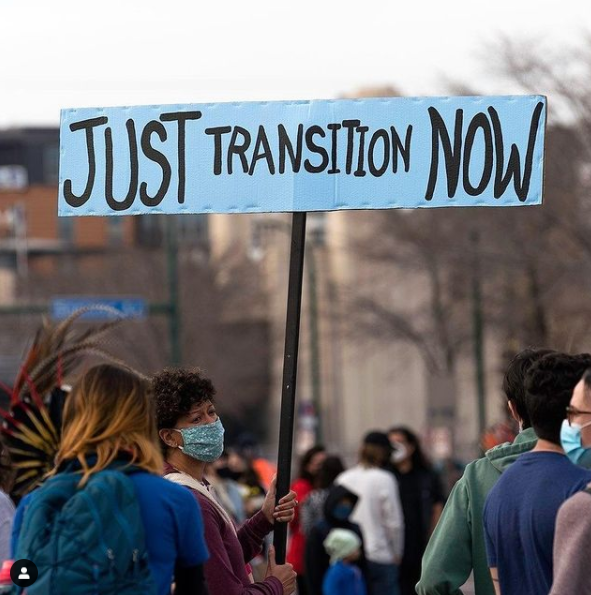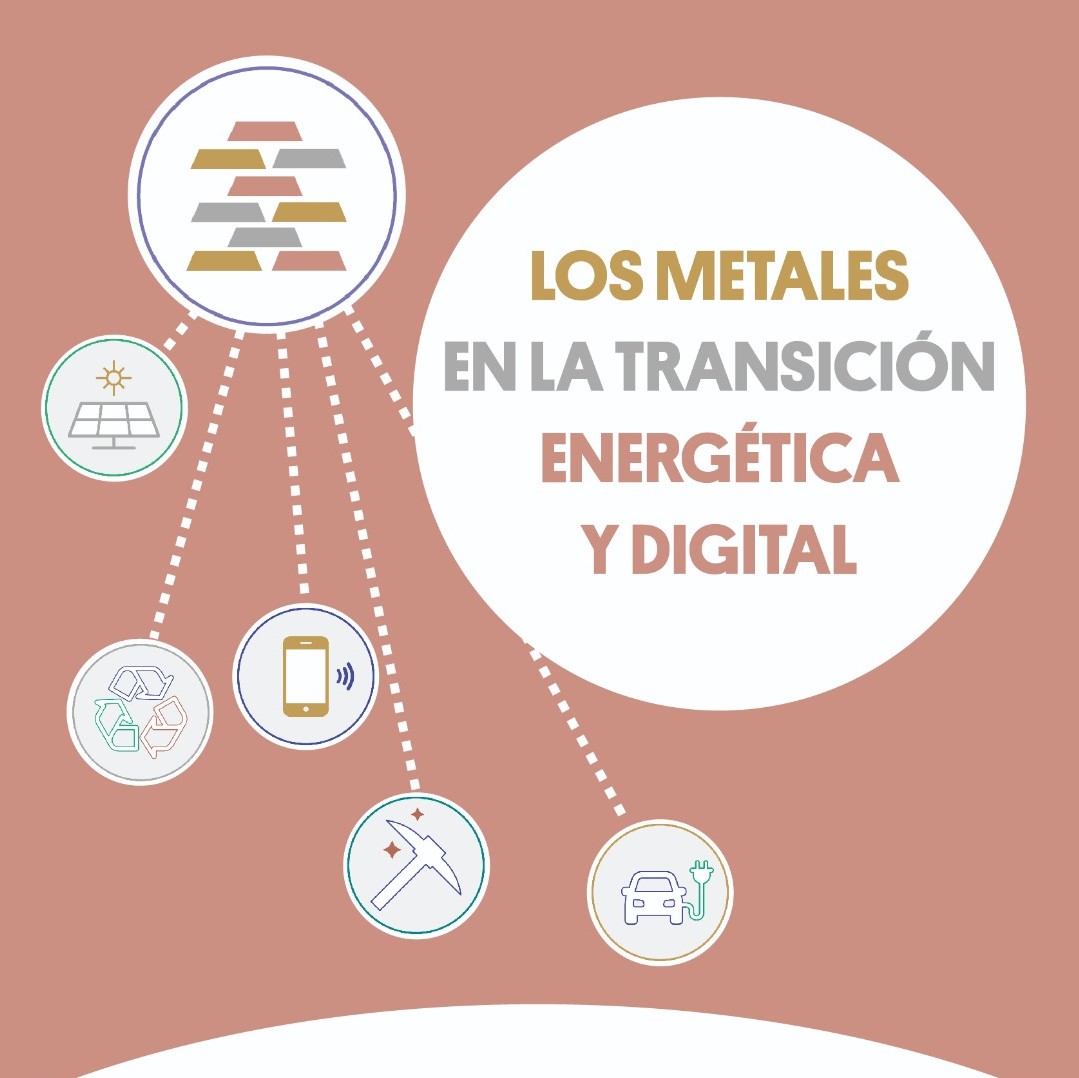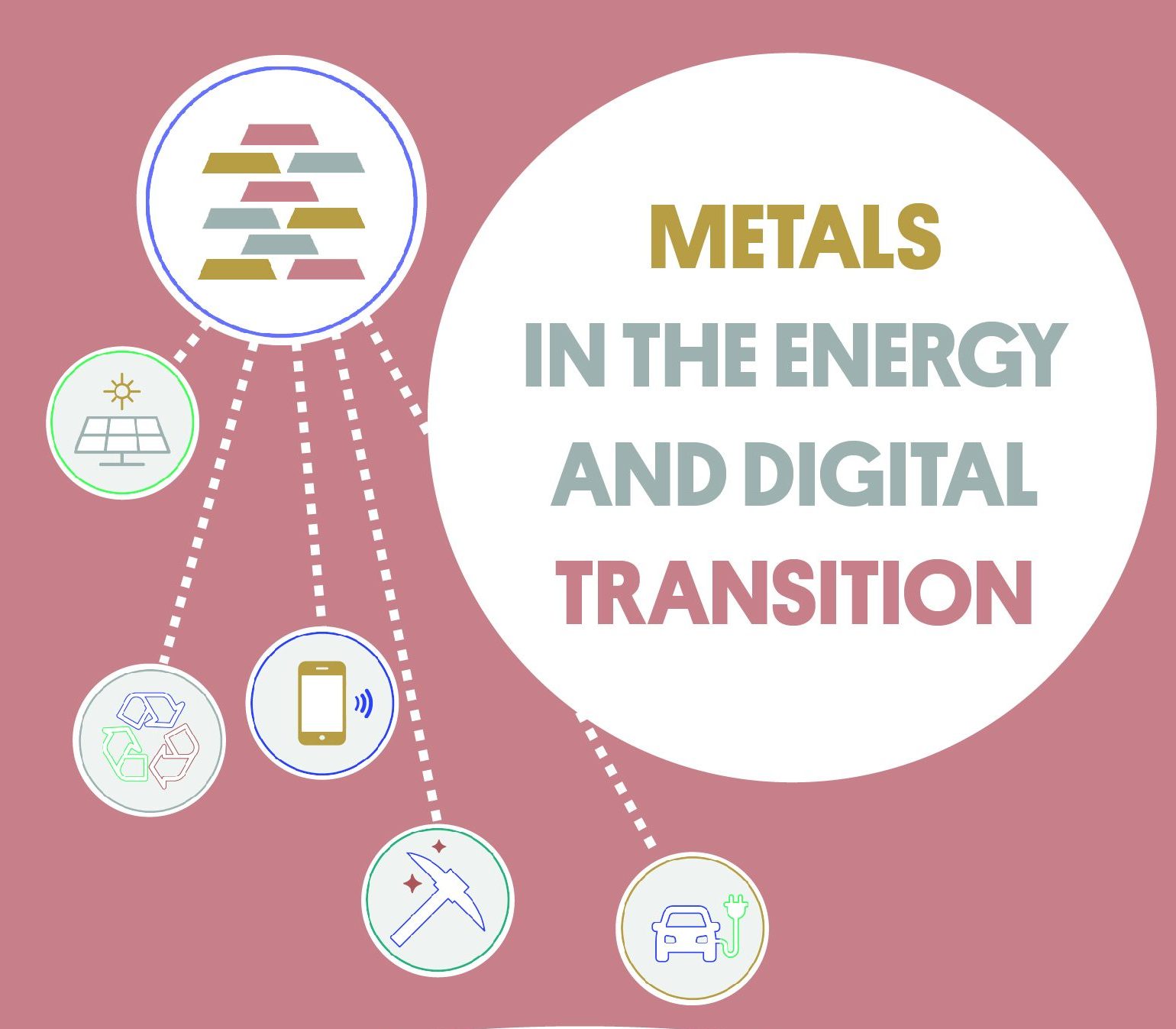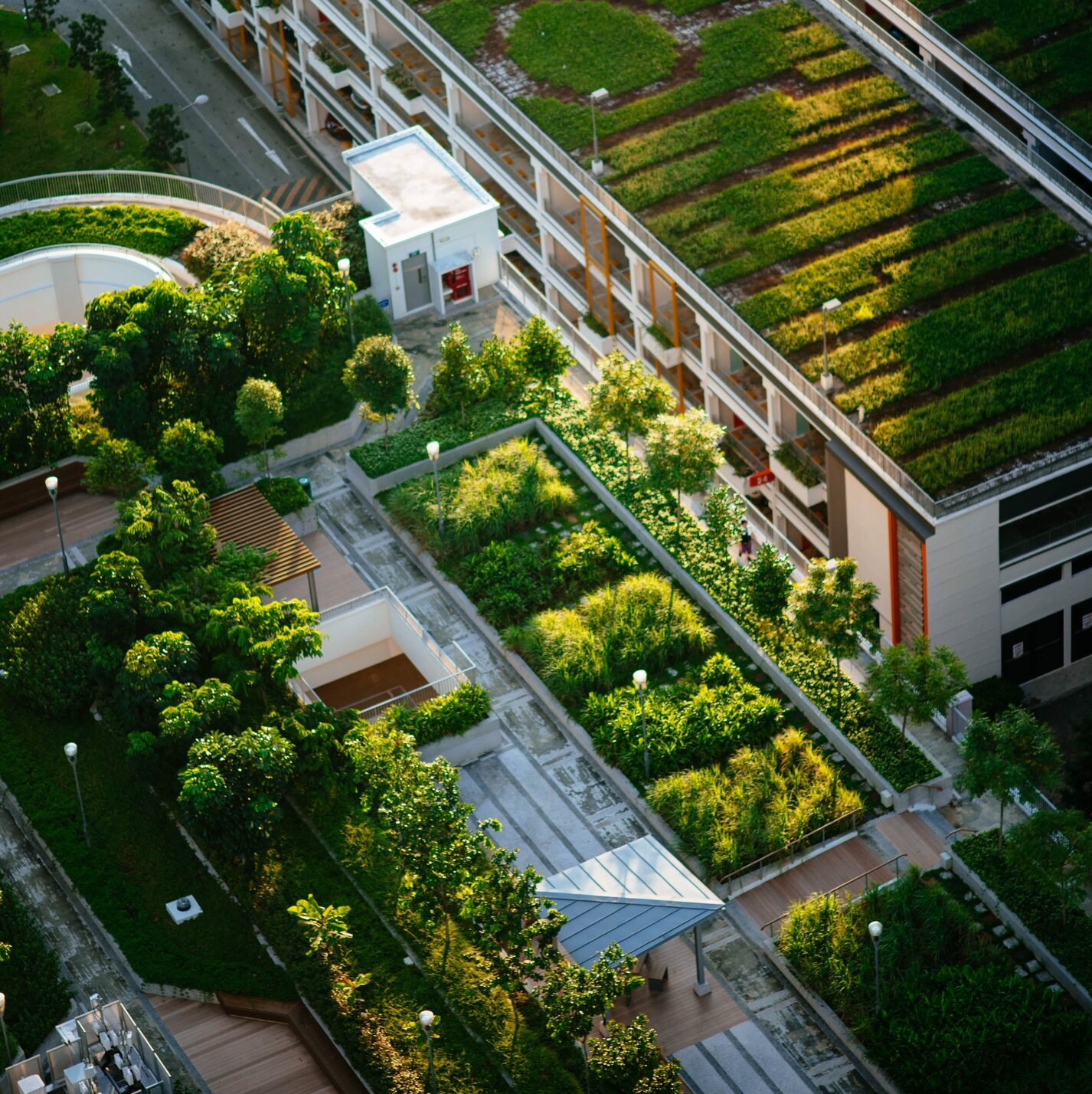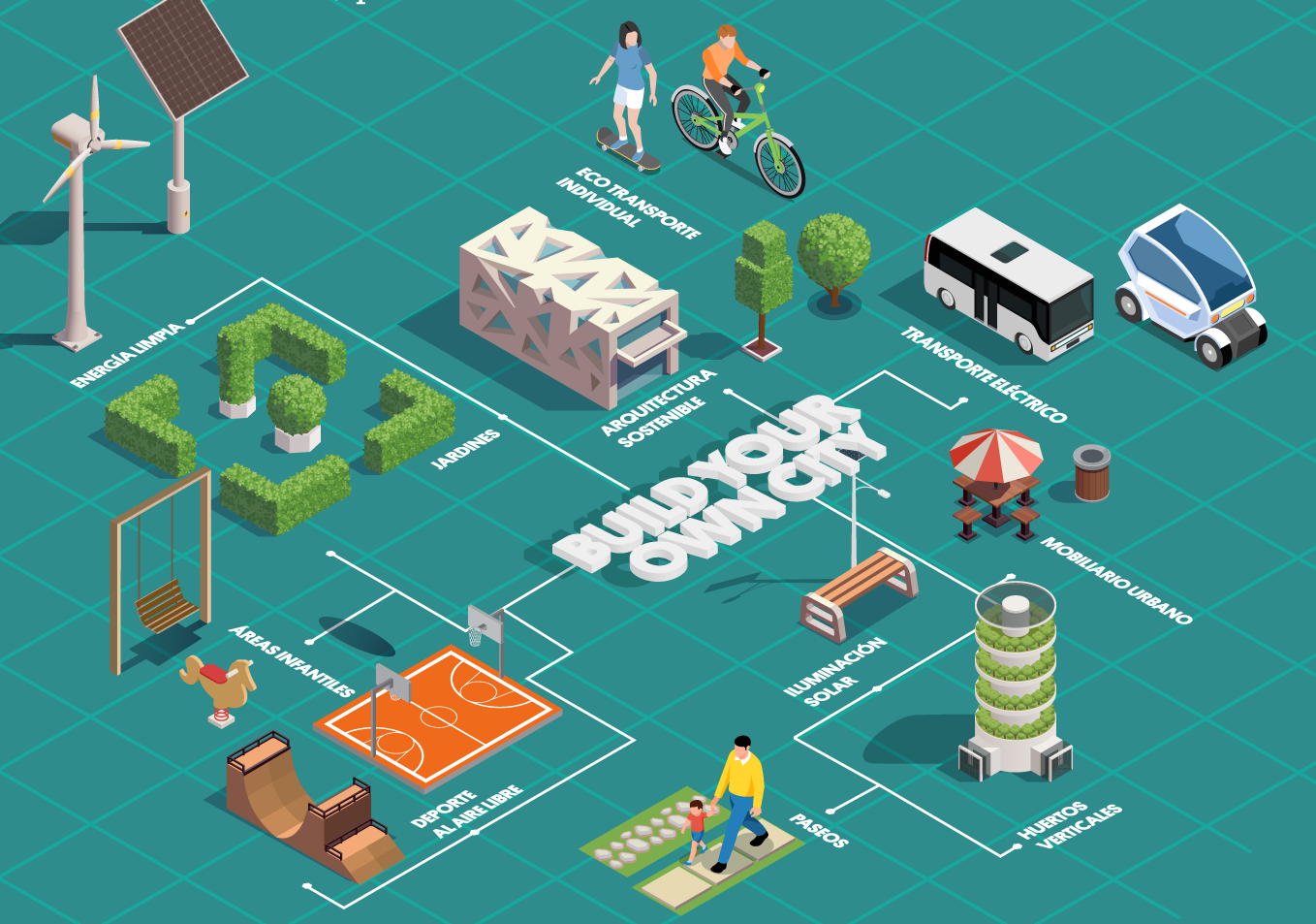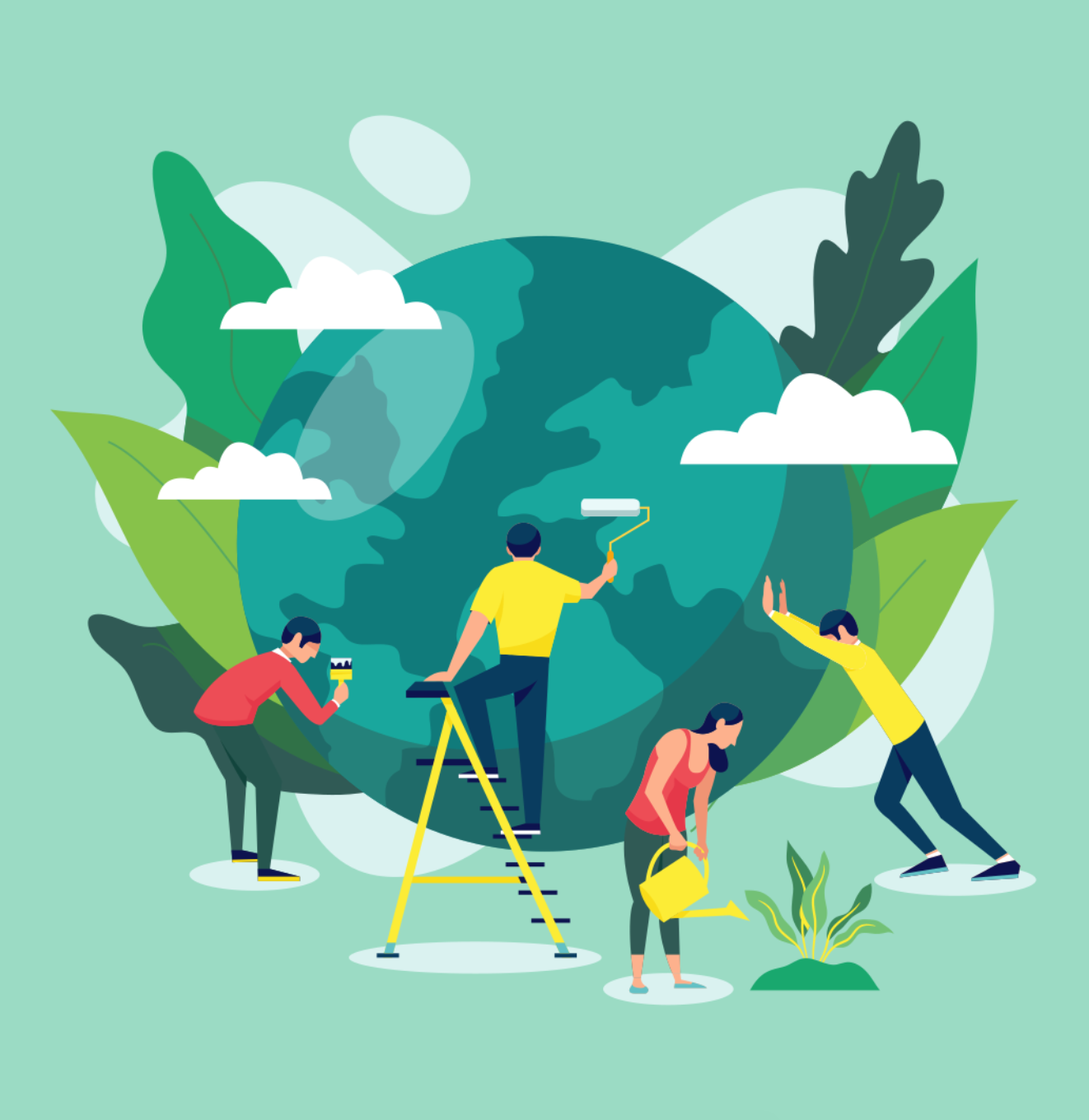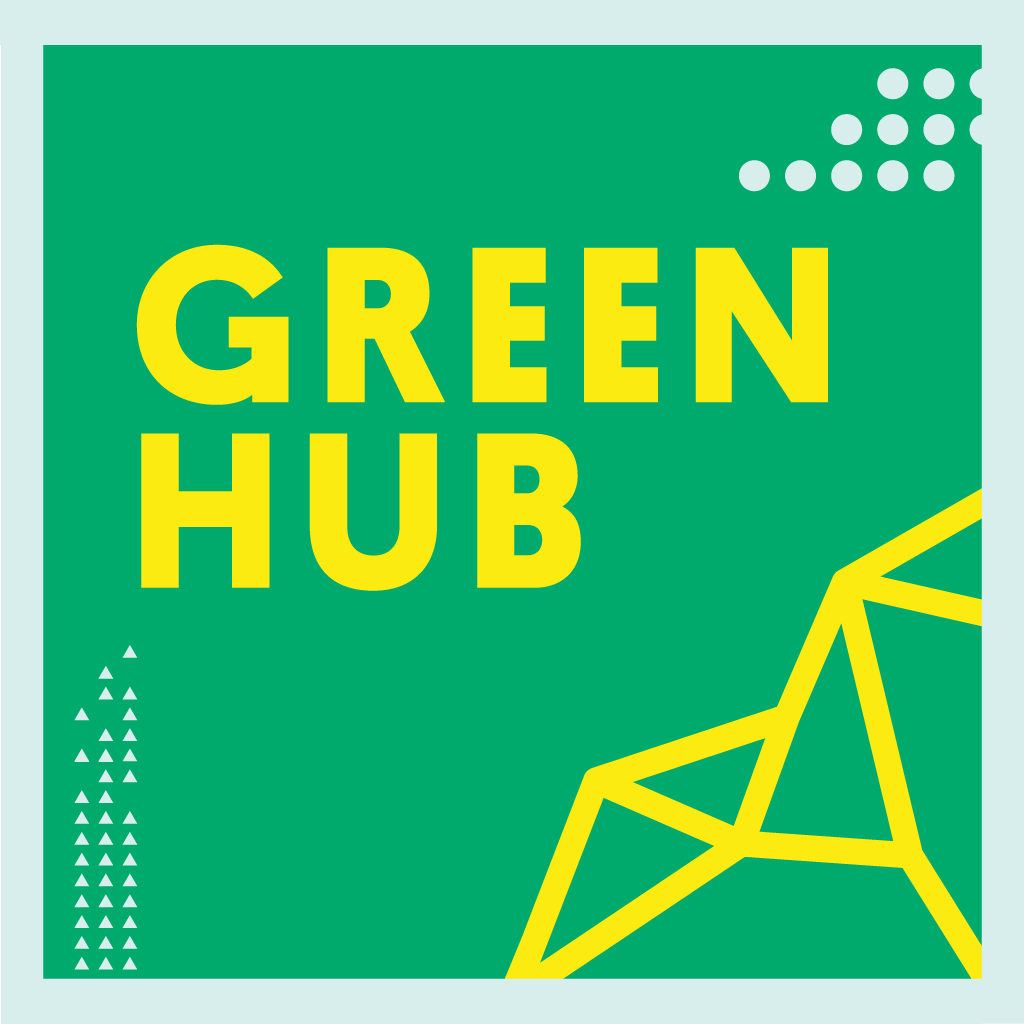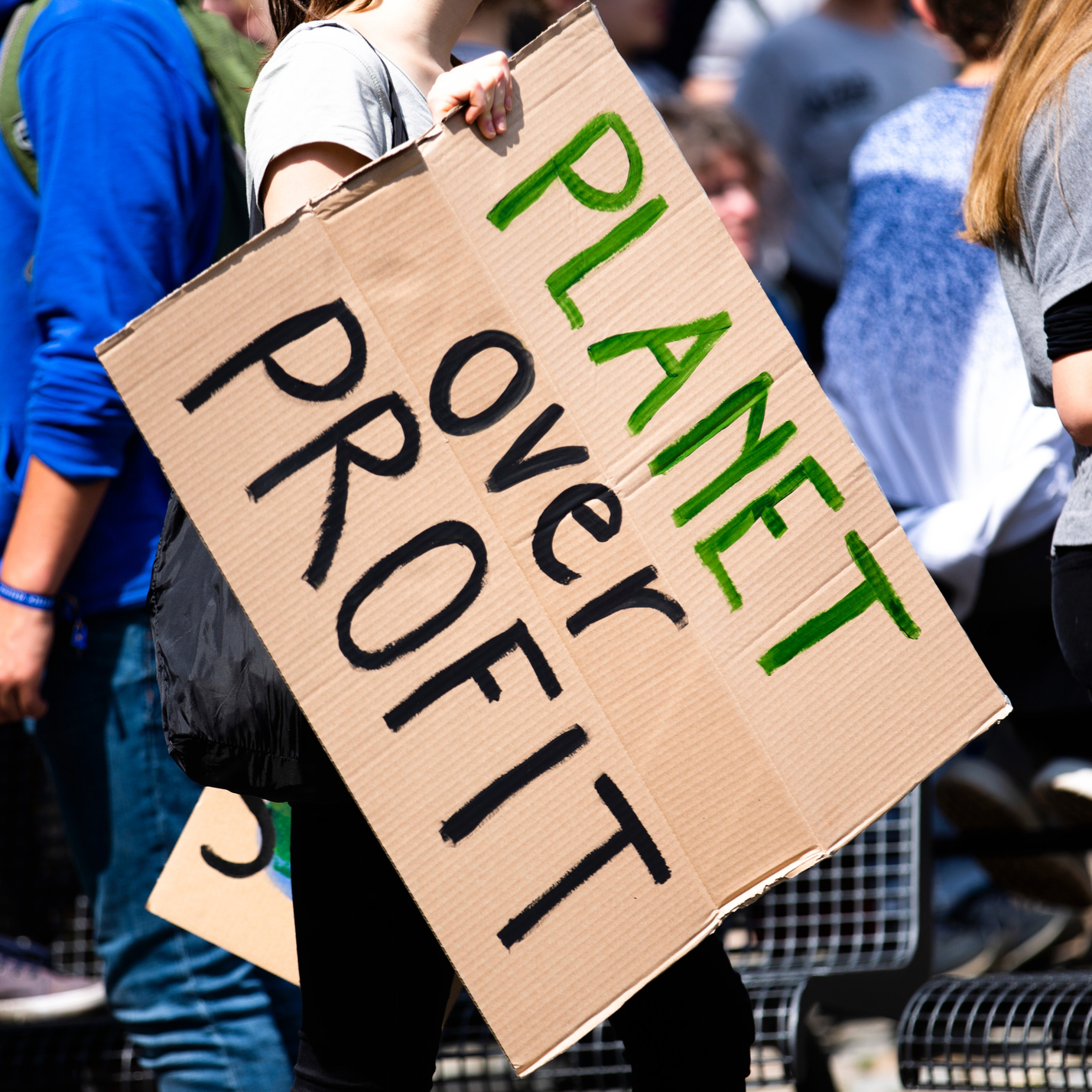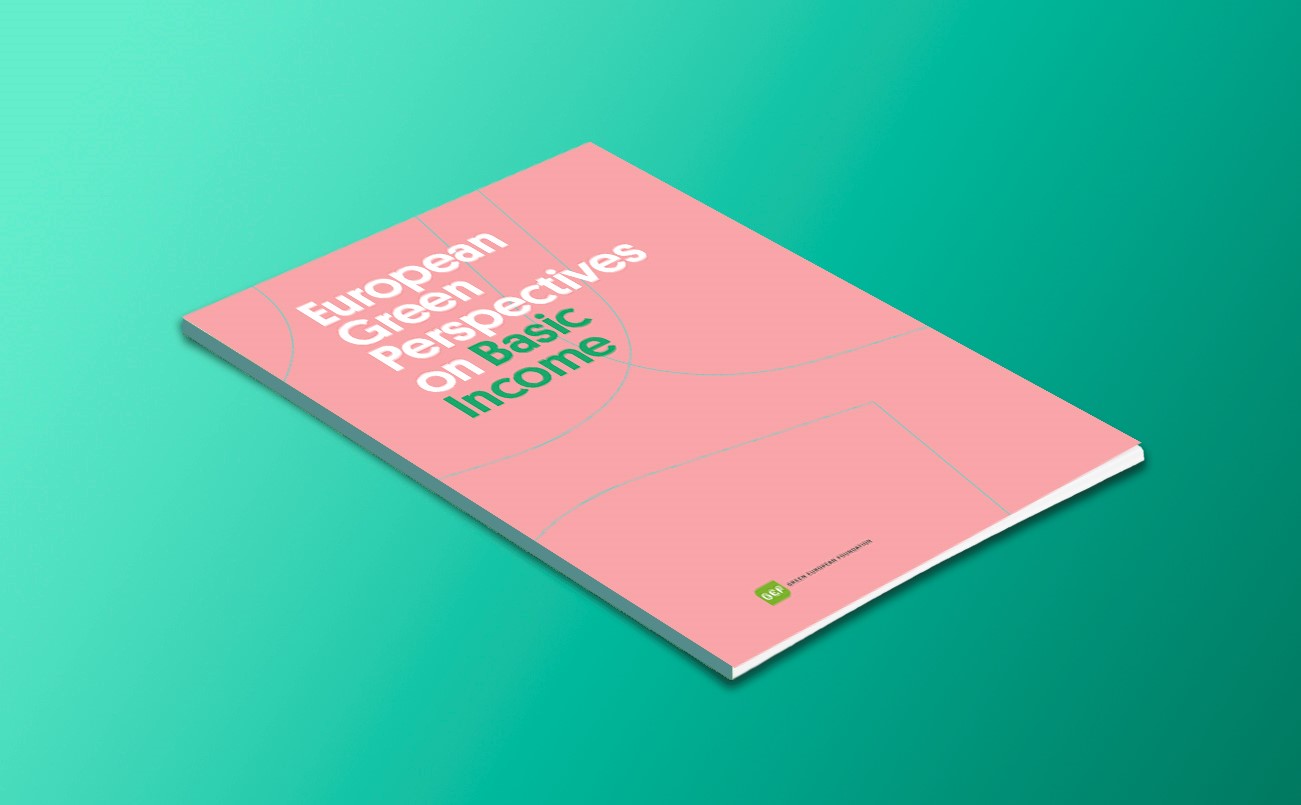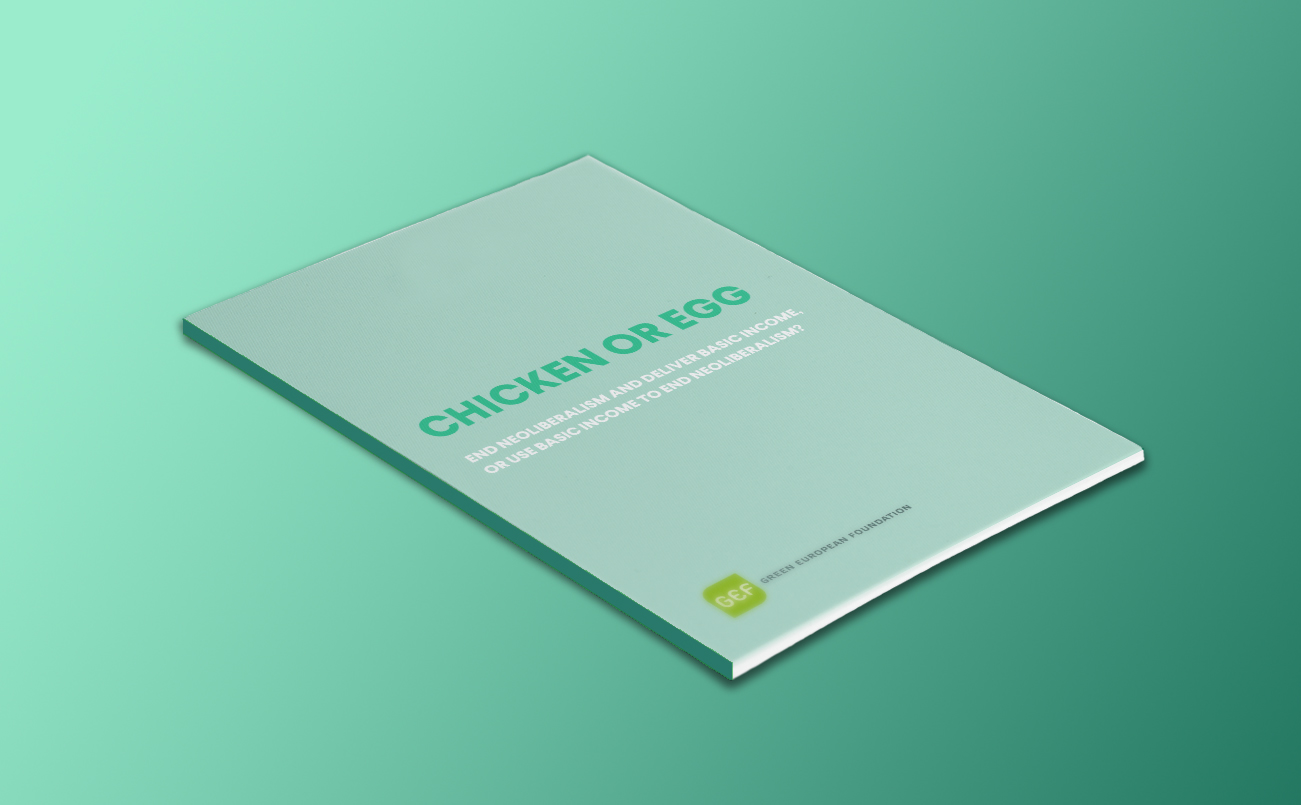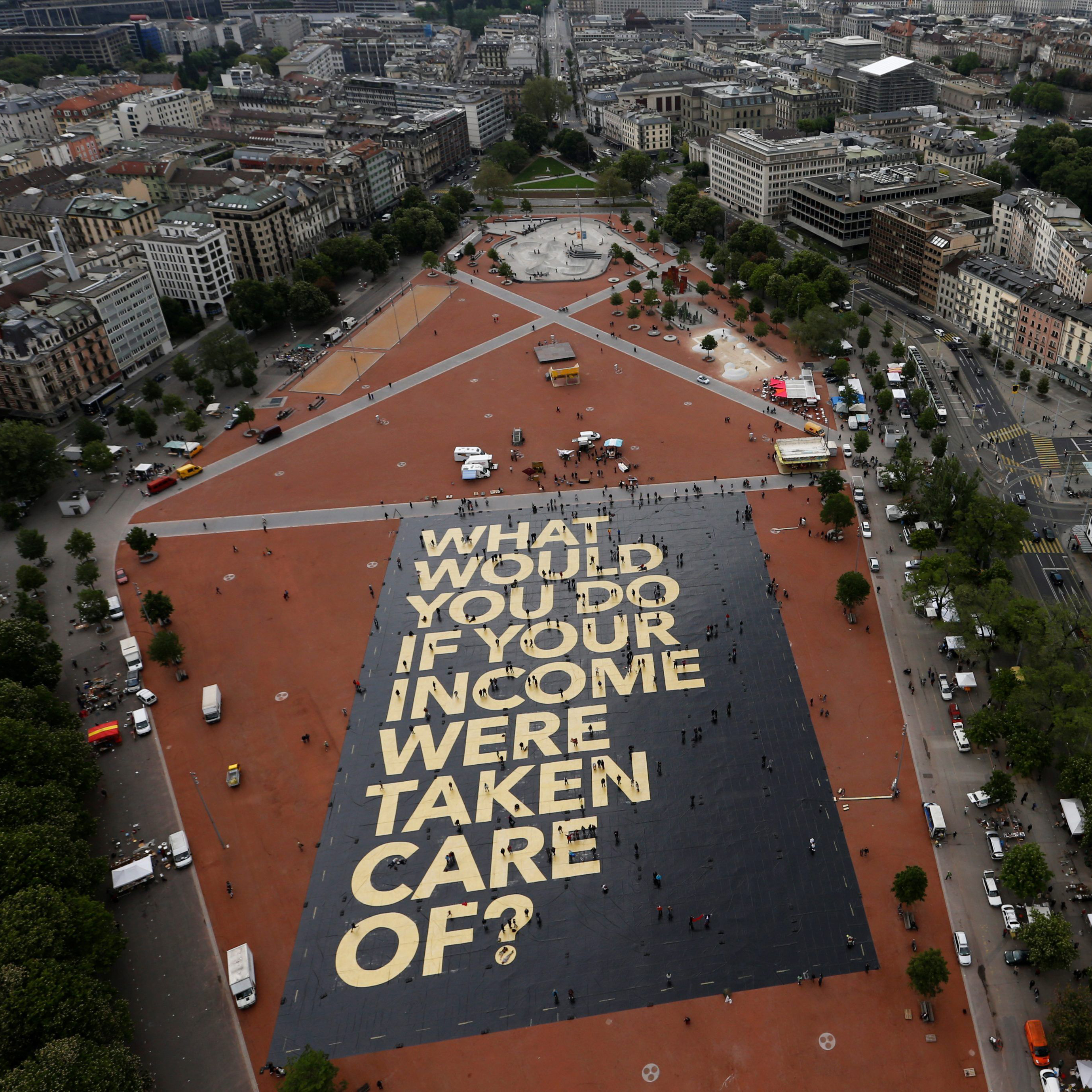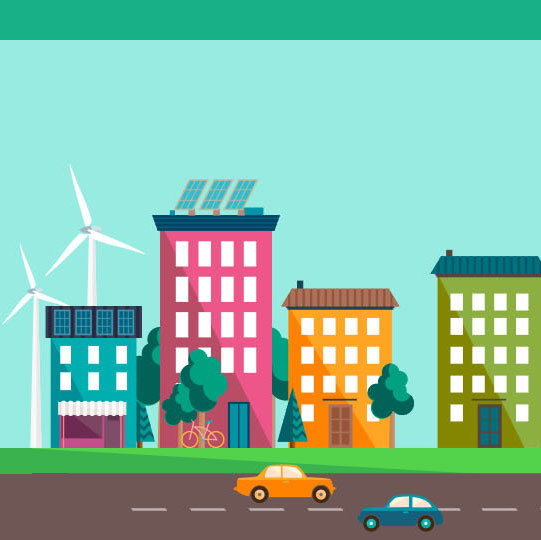[ENG]
– Información en español, más abajo.
There is no doubt that the climate crisis makes the energy transition to renewable sources indispensable. The 2015 Paris Agreement was a historic milestone, at least on paper, in terms of reducing emissions and boosting renewable energy. But some issues have not been sufficiently resolved, issues linked to the metals required for the “green” and digital technologies on which the energy transition is based.
In this context, will it be possible to guarantee a sufficient and clean supply of the metals required for a green and digital Europe? What does the EU propose to achieve its strategic autonomy? What are the keys that will allow us to look to the future with optimism?
Context:
The climate crisis makes it necessary and urgent to replace fossil fuels with renewables, but we must not forget one key issue: the “green” and digital technologies that will make this possible are based on non-renewable materials and require many more metals than fossil fuels, metals that are finite and, in many cases, scarce.
The distribution and scarcity of rare metals is altering the global geopolitical order and the European Union will be no stranger to its consequences. In the 21st century, the country that dominates their export and consumption is China, which also has a monopoly on a group of metals known as rare earths.
The West’s dependence on China is not limited to raw materials, but has extended to green and digital technologies, which complicates a situation of which the European Union is fully aware.
Speakers:
Henrike Hahn is a German Member of the European Parliament since 2019. As speaker for industrial policy and member of the European Parliament’s Committee on Industry, Research and Energy (ITRE), she has extensive knowledge of the industry sector. Ms Hahn is the Green Shadow rapporteur for the own initiative report “A European strategy for critical raw materials”. She is a member of the delegations for relations with China and the United States. For many years she worked as strategy consultant for technology-oriented companies in Paris and Munich. Henrike is passionate about greening the industry and the social-ecological transformation of the economy.
Guillaume Pitron is a French journalist (Le Monde Diplomatique, National Geographic, etc.) and documentary maker. In 2018, he published his first book, “The Rare Metals War: The Dark Side Of the Energy Transition and Digitalization”. From Chinese rare earth metals, oil extraction in Alaska, to Sudanese gum arabic and khat trading in Djibouti, he focuses his work on commodities and on the economic, political and environmental issues associated with their use. He has authored around 100 reports, investigations and documentaries across more than 40 countries In 2017 he won the Erik Izraelewicz Prize for best investigative report of the year, awarded by the leading daily newspaper Le Monde, and the award for Best Economic Book of the year in 2018.
Richard Wouters is a researcher at Wetenschappelijk Bureau GroenLinks, the think tank of the Dutch Greens. His main interests are the circular economy, climate policy and technology. He’s leading the Green European Foundation’s project “Metals for a Green and Digital Europe”. Also for the Green European Foundation, he wrote the “Charter for the Smart City.”
The session will be moderated by Cárol García, who is a journalist and political scientist. She is a specialist in international relations and cooperation. She has worked in Senegal and Palestine and is currently communications coordinator at Alianza por la Solidaridad – ActionAid. She is a member of the board of trustees of Fundación Transición Verde.
Practicalities:
Registrations are now open – Próximos eventos: Los metales en la transición energética y digital (transicionverde.es)
Simultaneous interpretation Spanish-English will be provided for this event.
The ZOOM link and technical details will be sent to all registered participants on Monday 15th March.
This event was organised by the Green European Foundation with the support of Transición Verde and with the financial support of the European Parliament to the Green European Foundation.
[ESP]
Contexto
No hay duda de que la crisis climática hace indispensable la transición energética hacia fuentes renovables. El Acuerdo de París de 2015 supuso un hito histórico, al menos sobre el papel, en cuanto a reducción de emisiones e impulso a las energías renovables. Pero algunas cuestiones no han quedado suficientemente resueltas, cuestiones ligadas a los metales que requieren las tecnologías “verdes” y digitales en que se basa la transición energética.
¿Está garantizado el suministro de metales para hacer posible la transición ecológica? ¿Dónde y cómo se obtienen esos metales?. ¿Qué implicaciones ambientales y sociales tiene su extracción, transformación y posterior retorno como residuo? ¿Hasta qué punto está garantizada la salud y la protección del medio ambiente en las zonas mineras? ¿Cuál será el nuevo marco geopolítico mundial derivado de estas materias primas estratégicas? ¿Qué papel va a jugar la Unión Europea en esta nueva coyuntura? ¿Está dispuesta a cargar con los costes ambientales derivados de la transición energética?
Aunque no es fácil dar respuesta a estas cuestiones, no es menos cierto que el debate sobre cómo debe realizarse la ineludible transición energética no debe ser postergado. Si evitamos hablar o ignoramos los factores negativos que conlleva, volveremos a caer en los errores del pasado y no podremos realizar una auténtica transición verde.
Programa
Para arrojar luz sobre este complejo tema contaremos, durante la Sesión 16 de marzo (centrada en las repercusiones geopolíticas de la dependencia de estos metales y sus implicaciones para la Unión Europea), con los siguientes ponentes:
- Guillaume Pitron, periodista de investigación y realizador de documentales, En 2018 publicó el libro La guerra de los metales raros: el lado oscuro de la transición energética y la digitalización
- Henrike Hahn, eurodiputada alemana en el Parlamento Europeo y miembro de la Comisión de Industria, Investigación y Energía (ITRE) y de las delegaciones para las relaciones con China y Estados Unidos.
- Richard Wouters, investigador en el Wetenschappelijk Bureau GroenLinks, think tank de Los Verdes holandeses. Dirige el proyecto de la Green European Foundation “Metales para una Europa verde y digital”.
La moderación correrá a cargo de Cárol García Toledano, miembro del patronato de Transición Verde. Periodista y politóloga. Coordinadora de comunicación en Alianza por la Solidaridad- ActionAid.
Informaciones prácticas
Inscripciones- https://survey.co1.qualtrics.com/jfe/form/SV_8bQUJSjX71VYArs
Los detalles para la conexión se enviarán por email el 15 de marzo
Estas jornadas están organizadas por la Green European Foundation con la colaboración de Transición Verde y La Casa Encendida.

